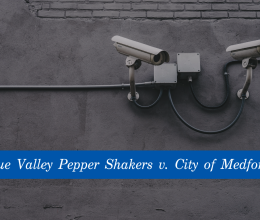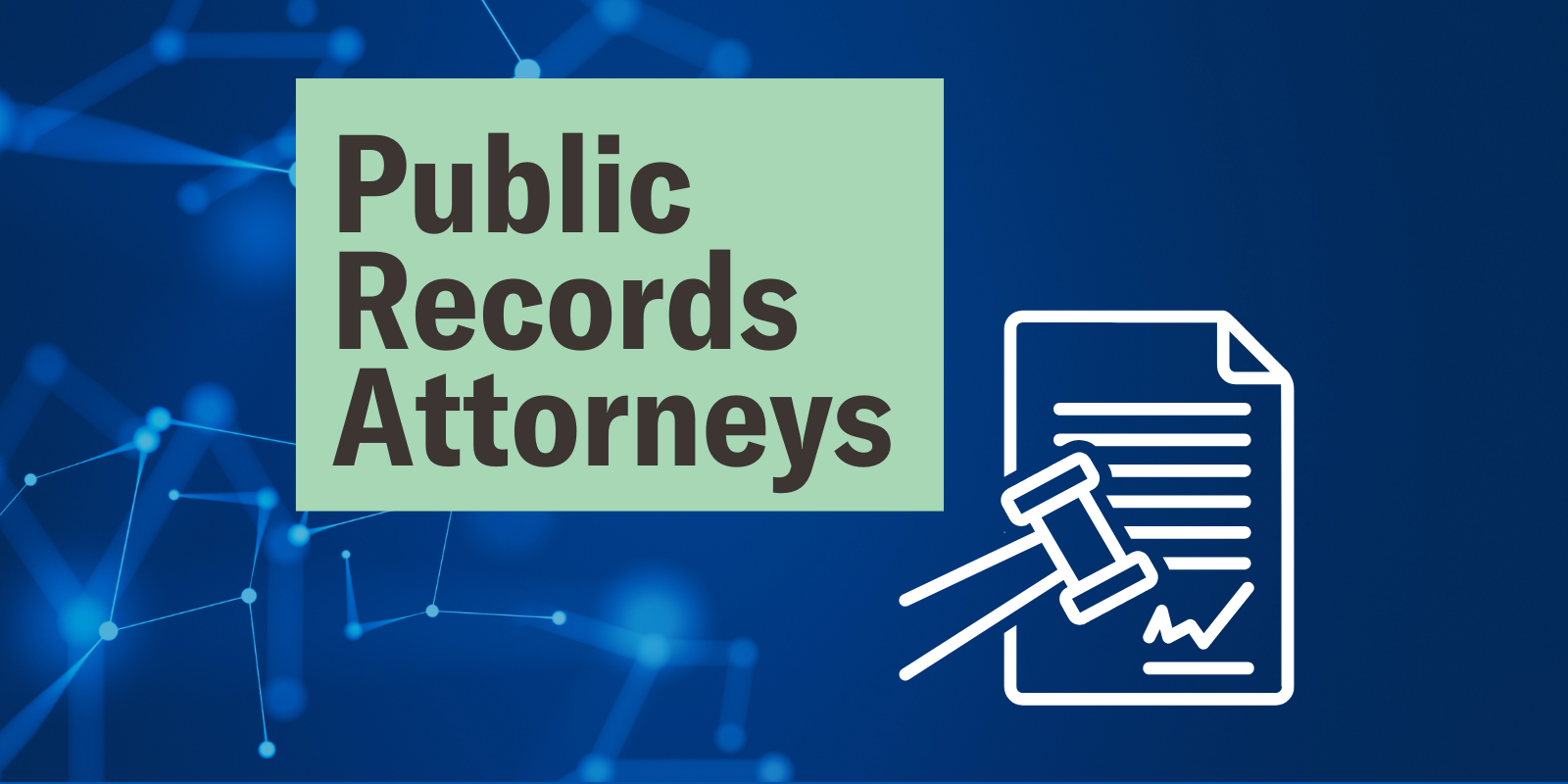
The following information is produced by the ACLU of Oregon for educational purposes only. This is not intended to be and is not a substitute for legal advice.
Oregon law (ORS 181A.250) prohibits law enforcement agencies from collecting or maintaining information on an individual’s political, religious, or social activities unless directly related to criminal investigations.
Recent reports revealed that some Oregon police departments are monitoring activists, social justice groups, and peaceful protesters, violating ORS 181A.250 legal protections.
If you're concerned that local law enforcement may have unlawfully monitored you, you have the right to file a public records request to obtain records related to the surveillance.
STEP-BY-STEP INSTRUCTIONS TO FILE A PUBLIC RECORDS REQUEST
- Download and Customize the Public Records Request Template:
- Use the template provided to request records from your local law enforcement agency.
- Fill in your personal details, the name of the police department, and specify the email or mailing address where the records should be sent.
- Submit the Request:
- Send the completed request to the designated Public Records Officer of the police department. You can usually find contact details on the department’s website. If you can’t find that contact, mail or email the request to the City Attorney (for police department activity), the County Counsel (for sheriff’s office or jail activity), or the City or County’s Public Records Officer.
- Follow Up:
- If you do not receive an acknowledgment within 5 business days, or if your request is delayed, request the department send you an update. Oregon law requires them to provide a prompt response.
- Review the Records:
- If records are provided, carefully review them to determine if you have been monitored. If you believe you may have been illegally monitored, contact a civil rights attorney for a consultation.
- If your records request is denied, or the department refuses to give you some of the records which exist (claiming an “exemption”), you have the right to appeal by sending a letter to the district attorney. Civil rights and public records attorneys may be available to assist you with the appeal process.
By following these steps, you can take action to protect your rights and hold law enforcement accountable for unlawful surveillance activities.
REPORT A PUBLIC RECORDS REQUEST COMPLAINT
If you would like to report a complaint about responses to public records requests you submitted using the template, you can use our online Complaint Submission form or send mail to our P.O. box. Due to limited staff capacity, we are unable to respond to most complaints submitted online or in the mail.
OREGON PUBLIC RECORDS ADVOCATE
The Public Records Advocate provides guidance and advice about Oregon’s Public Records Laws and can facilitate resolving disputes over records requests, including denials, delays, and fee waivers.
How to Request Assistance from the Public Records Advocate
- Online: Request Assistance
- Email: PublicRecordsAdvocate.PRC@pra.oregon.gov
- Phone: 503-871-9036
- Mailing Address: 2850 SW Cedar Hills Blvd, #1121 Beaverton, OR 97005
For more information, visit the Oregon Public Records Avocate website.
CLICK HERE FOR A PRINTABLE VERSION OF THIS TOOLKIT
Click here to make a copy of the Public Records Request Template or use the fillable PDF in the viewer below.









